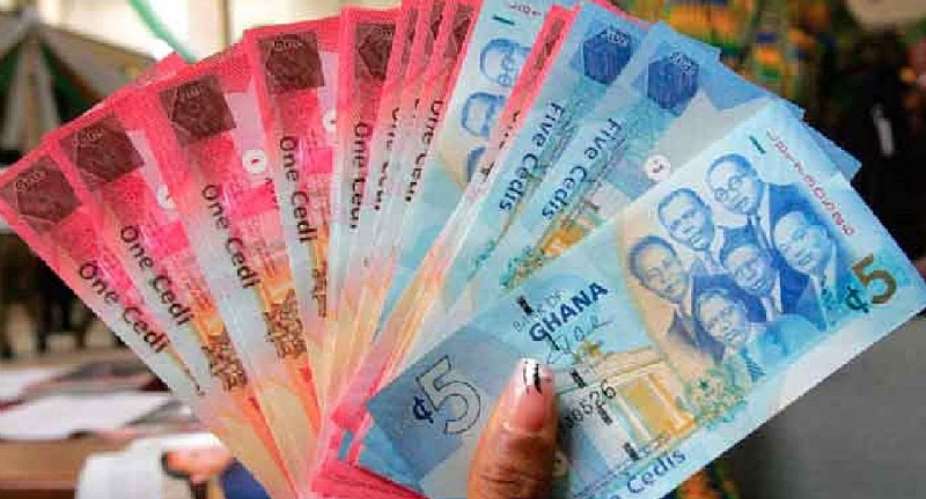The World Bank and International Monetary Fund inflows are anticipated to give the cedi some relief as the nation prepares for the customary spike in demand for foreign currency during the holiday season.
Concerns have been expressed on the possible impact of the third-quarter demand season, which is less than six weeks away, on the local unit, which has fluctuated against its main trading partners.
Although the central bank’s action and other factors have contributed to the recent relative stability of the cedi, analysts caution that the currency is still susceptible to shocks.
The upcoming elections and associated increase in government spending pose significant risks.
It’s crucial to remember that the IMF Program offers Ghana the chance to increase its foreign reserves in addition to acting as a check on government spending.
In their assessment on the 2024 mid-year budget, Deloitte stated that “this, along with other inflows expected from the World Bank Development Policy Operation (DPO), might help absorb some of the FX shocks associated with the December festivities.”
As of the end of June 2024, the cedi lost value relative to the dollar, pound, and euro by 18.6%, 17.9%, and 16%, respectively, according to government figures.
According to Deloitte, the devaluation of the cedi was mostly caused by the dollar’s appreciation versus major trading currencies, businesses’ increasing demand for foreign exchange, coupon payments on bonds issued in February 2024, and speculative activities.
The cedi was supported on the spot market by a US$10 million Bank of Ghana intervention, but corporate demand for dollars, especially in the lead-up to the holiday season, remains difficult to meet.
But towards the close of the week’s trade, the cedi was under pressure due to ongoing corporate demand.
Consequently, throughout the course of the week, the local currency lost 0.47 percent of its value relative to the US dollar, closing trades at GH¢15.95 to US$1 on the retail market.
In a report, Databank Research stated, “The GBPGHS and EURGHS also dipped by 0.25 percent and 1.31 percent week-on-week, respectively, on the retail market.”
.
According to analysts, in order to lessen the cedi’s susceptibility to shocks from outside the country, the government should give priority to trade finance efforts and export diversification.
The BoG’s centralized foreign exchange trading platform went live earlier this month. It mandates that anyone wishing to buy or sell foreign exchange must present a valid form of identification (a passport or Ghana Card, for foreign nationals), as well as submit to biometric verification.
During this week’s FX auction, the BoG already plans to sell the Bulk Oil Distributing Companies $20 million.
Databank continued, “We anticipate that the auction will help moderate some corporate demand pressures on the market and slow the cedi’s depreciation.”

Other stories
-
A group predicts that Ghana’s cocoa industry will fail in 5 years.
-
The director of GPHA said that several investors are interested in building the Keta Port project.
-
Permit them to indulge in lobster! France gave King Charles a state dinner that cost more than $500,000.
-
How to build a working Business innovation culture
-
How structure your startup as your Business company grows

